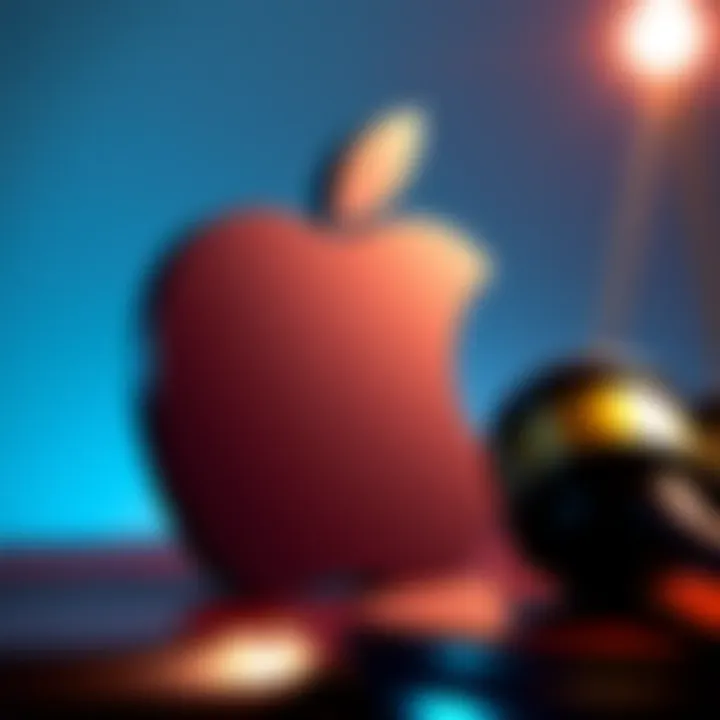Apple to Challenge Contempt Ruling | Ongoing App Store Saga
Edited By
Julia Forester

Apple Communications has announced plans to appeal a contempt ruling in its ongoing legal battle with Epic Games over App Store policies. The decision follows a series of adverse rulings in court, with significant implications for the tech giant's future operations and its popular gaming platform.
Legal Context and Evolving Landscape
The ruling marks Apple's fifth setback in a protracted legal tussle with Epic Games. As one attorney points out, "Apple does not want to accept defeat, but they have lost four times now." The company aims to block a potential removal of the Epic-developed game Fortnite from the App Store again.
The court previously ruled against Apple in instances that include the original decision, a ruling by the 9th Circuit Court of Appeals, and the Supreme Court. It seems Apple’s strategy is to fight back relentlessly, with an eye on potentially escalating the matter to the Supreme Court yet again.
Impact on Gamers and iOS Updates
Commenters are curious about how this contested appeal might affect the anticipated iOS release this week. One individual queried, "Will this impact the potential release on iOS this week?" Such questions reflect growing concern among players and developers about the stability of the App Store and available games.
Key Themes from the Comments
Continued Legal Battles: The consensus highlights Apple’s firm stance on disputing the ruling despite its mounting losses.
User Concerns: Anticipation about app availability carries weight, as users speculate about possible game removals.
Community Sentiment: Users express a mix of frustration and resignation towards Apple's ongoing legal strategies.
"This sets a dangerous precedent for app distribution" - a top comment on the story.
Quick Insights
🔥 Repeat Setbacks: Apple has lost the contempt ruling along with four prior legal challenges.
📲 Potential App Removals: Future events could lead to popular games being unavailable on iOS again.
🔁 Continued Appeals: An ongoing appeal process could extend the legal battle further, impacting users significantly.
The situation remains fluid as Apple pushes forward with its appeal. Further developments are expected that may redefine app distribution rights and developers’ relationships with platforms.
What Lies Ahead for Apple and Epic Games' Legal Fight
As Apple moves forward with its appeal, there's a strong chance that the court may either provide clarity on its App Store policies or extend this protracted legal conflict even further. Experts estimate that with Apple's history of pursuing assertive legal tactics, there’s a 60% likelihood that it will argue its case again at the Supreme Court level. This could lead to outcomes that redefine the rules around app distribution rights. On the other hand, a decision affirming the previous rulings might pave the way for increased scrutiny of Apple’s market practices, potentially resulting in significant shifts for developers reliant on its platform.
A Twist in the Tale of Historical Rivalries
Drawing a line between this legal saga and the historical clash between two culinary giants provides an interesting reflection. Consider the decades-long feud between Coca-Cola and Pepsi, which has seen rival marketing campaigns and strategies to dominate the soft drink market. Much like these beverage behemoths, Apple and Epic Games are entrenched in a battle of both shadow and light, where strategies evolve constantly, often leading to unanticipated alliances and alternate paths that can redefine industry norms. Just as the soda rivalry forced both brands to innovate and adapt to market changes, so too could this legal drama compel tech giants to alter how they engage with developers and consumers alike.
